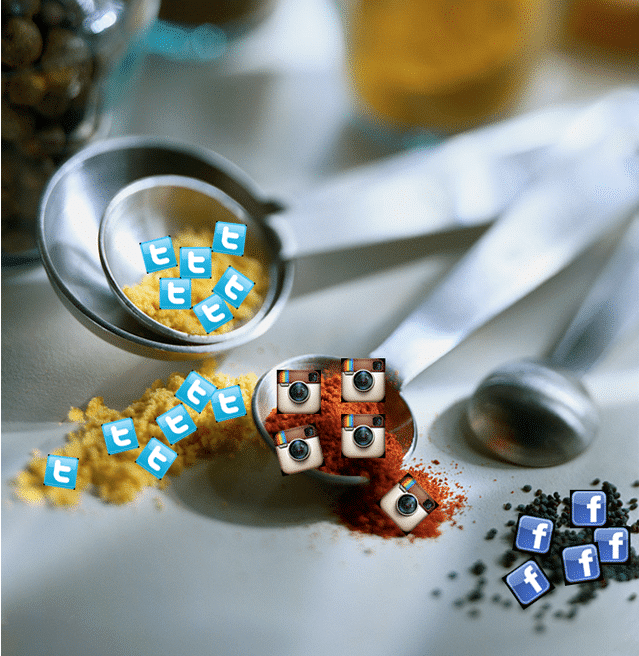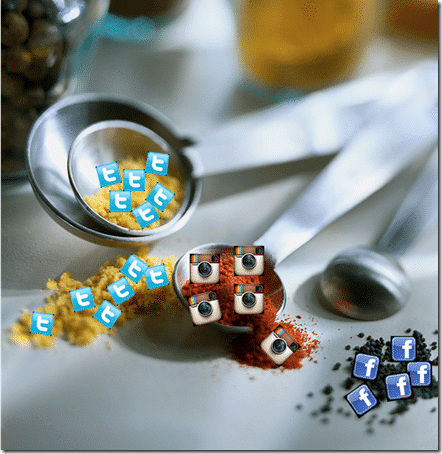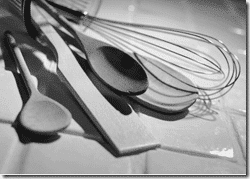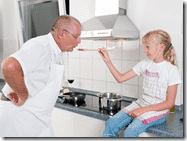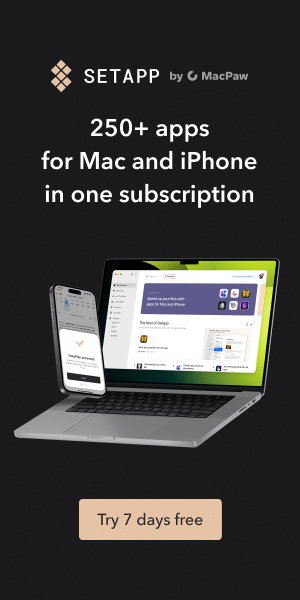A recent post of mine which focused on an informal and potentially dangerous marriage between Instagram and Kik Messenger seems to have gotten quite a bit of attention lately. I’m always excited when I can share my ideas, opinions, insights and personal recommendations when it comes to educating kids about the evolution of social media of many legs. And what excited me even more was the response that came in from readers of all ages, kids and parents alike, each offering different takes on the idea of working with and teaching children about social media.
The point of the Instagram/Kik article was not to single out any particular social tool, but instead to use the example as a means to raise awareness and start a discussion. I love Instagram for what it is and the creativity it inspires in me and my family. I look at things just a bit differently – would that make an interesting photo? – and take photos in my mind’s eye before capturing a moment on digital film and sharing it. Kik Messenger, well, I could definitely live without it. And I’m worried about what this new application called “InstaMessage” is going to bring!
Some of the comments from my original post ranged from “thanks for the tips,” to “you are invading your kids privacy” and a bunch of comments in between. I value all of these comments – agrees or disagrees – because they are encouraging discussion.
But there is one clear point that I wanted to make. As responsible, loving and engaged parents, it is our responsibility to educate ourselves AND our children on social media, what it is good for and where the dangers lie. It is a personal choice of the parent to be involved or not and the level of the involvement. It is also a bit of a tightrope walk; if you are overly protective, your children could sneak it behind your back and hate you in the process and if you aren’t engaged enough, they could get into all kinds of trouble that could affect them now and later on in their lives. Kids need boundaries and they need consistency. That is the role of the parent – to train, educate, discuss our children when they navigate the social waters.
So why help them at all?
Frequently I like to give overly-simplified examples to help explain a point. So, let’s take teaching your kids how to cook as an example. There are several similarities to using social media that can be drawn here.
- Age determines the parent’s level of involvement – The younger your child is, the more help you need to provide. You wouldn’t want to just turn your 8-year-old loose in the kitchen and tell them to cook a 5-course meal. You probably want to start with something like buttered toast, a sandwich or even a bowl of cereal, and as they get older and more comfortable and confident, ease them into doing a bit more. The parent provides a lot of guidance at first and eases off as they get older, but still offering tips and tricks as they go. The same applies to social media – guidance and help at first, and then easing off as they mature and gain understanding.
- There are varying levels of danger – The scariest things about cooking are burns and cuts. Playing off of the previous point, a parent can teach a child how to cut safely, how to learn to not grab hot pans and to understand how dangerous cooking can be if no attention is paid. Dangers can be avoided if the proper skills and methods are taught early on with cooking and social media.
- If you do it wrong, it can turn out badly – We always want to encourage our children to try, even if they fail. Failing one time, assuming they didn’t burn down the kitchen in the process, is an educating moment. Together with the parent, a child can learn from their mistakes. Cooking is a bit more forgiving than making a bad mistake on social media though. If you cook something bad, you can always not eat it and throw it away – throwing away something improperly posted on social media is not as easy.
- As you practice, you get better at it – Just like almost anything, the more you practice something, the better you get (hopefully). You don’t become a master chef after only cooking a few dishes. It takes time, repetition, practice, experimentation, skill and a little bit of luck to get really good at cooking. And you typically need to learn from others to get better at it. Social media “best practices” can be a good recipe to teach to children and that is why the parent needs to be involved in the process.
- There are tools you can use to make things easier – You wouldn’t want to cook with your hands. I mean, you definitely could, but it is a bit hard to beat an egg with your fingers. There are a huge number of cooking utensils available to make it easier, but you need to master how to use these. For example, I taught my daughter how to hold a bowl in the palm of her hands (over a sink) with a whisk to beat eggs for an omelet. Prior to my help, she had been simply stirring the eggs with a fork while it was sitting on the counter. Blindly posting to social media without understanding the apps, networks or privacy settings could be like beating an egg with your fingers – very messy!
- Similar ingredients can produce different results – When you bake, the primary ingredients are eggs, milk, and flour. Changing proportions will transform pancake batter into waffle batter and adding other ingredients can make batter into bread dough. Adding water to beaten eggs and cooking it slowly makes an omelet while adding milk and stirring the eggs while they cook gives you scrambled eggs. Leave out the yolk and you have egg whites (which can be stirred in the pan as well). The point here is, with social media, you have your personal content which is your ingredients, but how and where you use this content will produce a different end result – good or bad.
I hope that this example helps to explain the importance of working with your children when it comes to social media. You could cook for them their entire lives, but that does them a disservice. You could simply turn them loose in the kitchen and let them figure it out themselves, but this is very dangerous. Or you can work WITH them on an age-appropriate basis to use the tools that exist and the ingredients that they have access to, to help them cook something that can be enjoyed by all and that they can feel proud of, and that is safe in the process.
Better yet, teach them how to cook first, and then while you are both eating the fruits of their labor, use that time to discuss social media.
HTD says: Social media is great when used properly, just don’t burn down the kitchen in the process!
